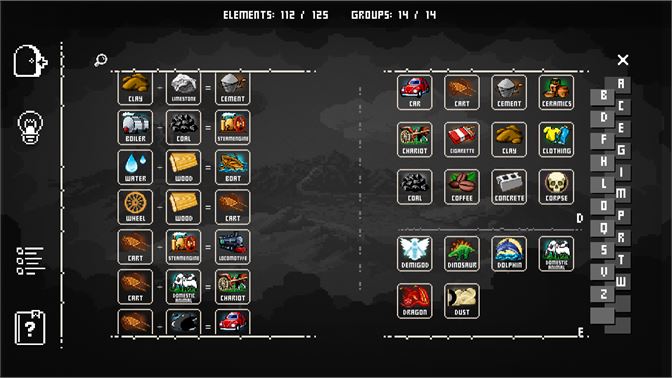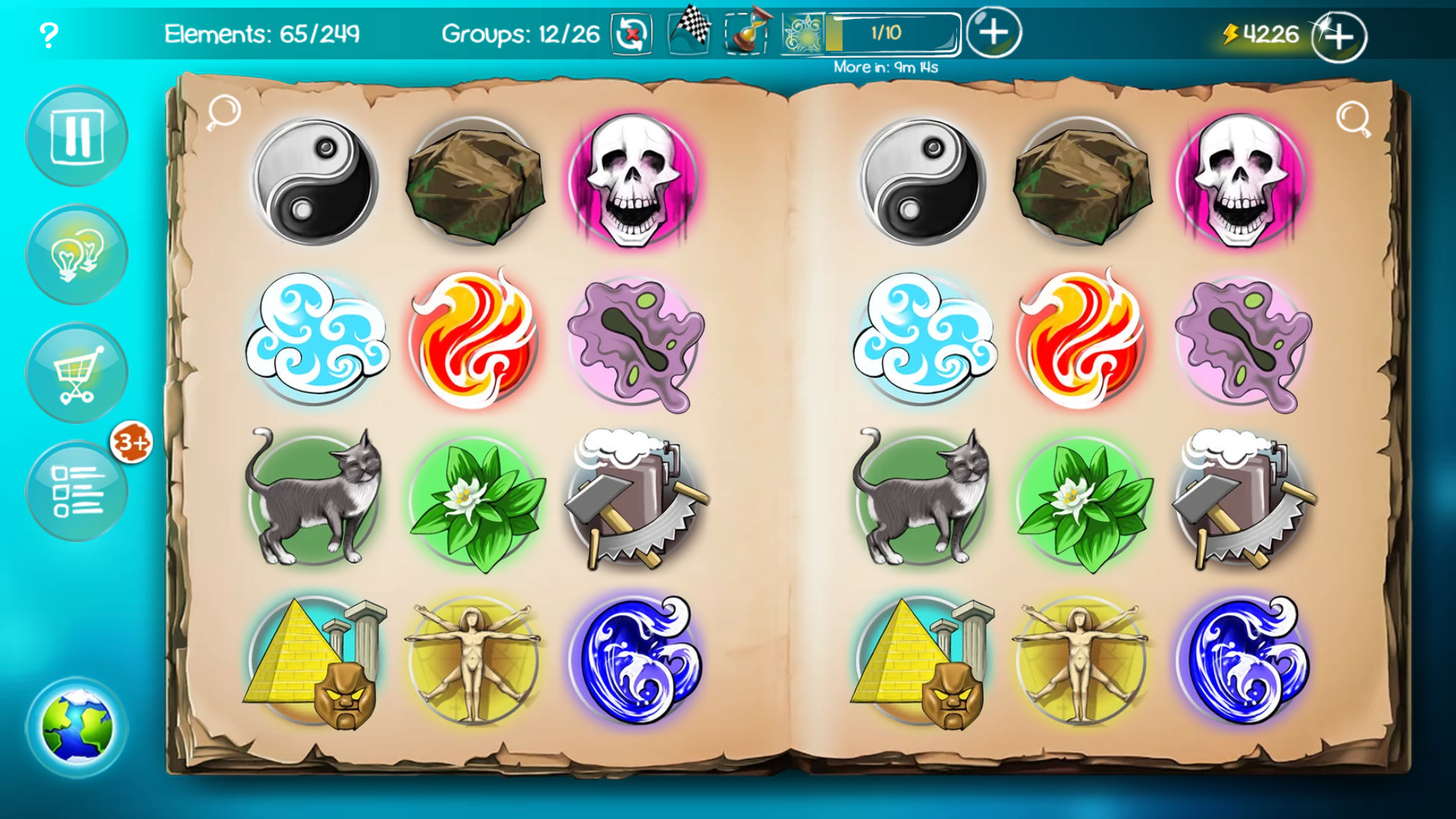

Ahura Mazda ("Wise Lord"), also later known as Ormazd in Middle Persian, is the God of light, or Truth, and Angra Mainyu ("Evil Spirit"), also later known as Ahriman in Middle Persian, is the primeval Spirit of darkness, or the Lie. Much like classical monotheism, Zoroastrianism has one supreme God, and an evil spirit who chose to be evil, locked in a cosmic struggle where both are more or less evenly matched, though from the beginning Ahura Mazda's triumph is foretold making Zoroastrianism an ethical dualism.

Some scholars believe that the notion of a central supernatural embodiment of evil, as well as the notion of angels, first arose in Western monotheism when Judaism came into contact with the Persian religion of Zoroastrianism. However, a "deva" or "diva" is not a devil. In other languages devil may be derived from the same Indo-European root word for deva, which roughly translates as "angel". The term devil can refer to a greater demon in the hierarchy of Hell. The English word devil derives from the Middle English devel, from Old English dēofol, from Latin Diábolus, from Late Greek Diabolos, meaning, slanderer, from diaballein, to slander: dia-, across + ballein, to hurl. In classic demonology, however, each of these alternate names refers to a specific supernatural entity, and there is significant disagreement as to whether any of these specific entities is actually evil. This entity is commonly referred to by a variety of other names, including Satan, Asmodai, Beelzebub, Lucifer and/or Mephistopheles. Does anyone love Doodle God so much that they want to play the same game over and over again? At least this one can serve as the Doodle God game for people who wouldn't buy the paid games, I suppose.The Devil is the name given to a supernatural entity, who, in most Western religions, is the central embodiment of evil. I'm less annoyed by the energy mechanic than I am that JoyBits keeps releasing nearly identical Doodle God games as sequels.

Doodle Planet also disguises links to other Doodle God games as normal menu items, such as making Doodle Devil look like one of the puzzles in Puzzle mode. But hiding the player's energy away is awfully obtuse, if not downright sneaky. Doodle Planet makes the transition decently well, offering just as much content as paid games have in the past.
#DOODLE GOD CHEATS DEVIL VS GOD SERIES#
It's always interesting (and often disheartening) to see an established game series switch to the free to play payment model. They don't appear to cost energy, so players might be able to keep busy with quests whenever they run short of energy in the main game. Quests work like the main game, but have their own cute little story premises and a smaller pool of elements to mix. In addition to the lengthy main game, Doodle Planet also offers a couple of extra game modes: Quests and Puzzles. If you want to do away with the energy mechanic and basically turn Doodle Planet into a normal Doodle God game, you can buy Eternal Energy. Other IAPs include various hints and boosts. Hey JoyBits, how about a intuitive user interface?ĭivine Glow can also be bought via in-app purchase. Run out and you'll have to wait for it to recharge… But you can't see how much you have until you try to combine some elements. Oddly, you can't see how much divine glow you have except while creating the element. Each time the player successfully creates a new element, it uses a little divine glow. Filling out the planet doesn't change things up too much, but the extra goal to shoot for is still welcome.

You can even pinch and rotate the world to get a better look at it. As you discover certain elements such as volcanoes and steam, those items will appear on your Doodle world. The planet starts out raw and mostly barren. Doodle Planet introduces a new goal to the main game: building your own planet.


 0 kommentar(er)
0 kommentar(er)
